39 diagram of spinal stenosis
Explaining Spinal Disorders: Cervical Stenosis. Cervical stenosis develops when either the spinal canal or nerve passageways (foramen) become narrow. It is a common cause of neck pain. If the spinal canal is narrowed, the disorder is also termed cervical central stenosis. If the foramen, or the lateral (side) corners of the spinal canal, is ...
A lumbar spinal stenosis is a painful narrowing of the spaces in the spinal canal. If you have been diagnosed with this condition, you may be waiting and hoping it will go away. You may be doing exercises without knowing if you are doing enough or the right kind. Finally, you may be wondering if you should have surgery to fix the problem.
Lumbar spinal stenosis is a significant cause of disability in the elderly, ... Weakness in the hip extensors and abductors complete the picture of typical ...

Diagram of spinal stenosis
Cervical Spine Diagram. The Cervical Spine Diagram shown below is a lateral view which means you are looking at the spine from its side. Cervical spine is the spine in the neck area. On the diagram you could see the 7 cervical vertebrae; C1 down to C7. In between the vertebrae the space for the disc material is seen too.
Spinal stenosis usually affects the cervical (neck) and lumbar (low back) spinal regions. Occurrence in the thoracic (upper/mid back) spine is rare. The purpose of this article is to help you understand the basic anatomy associated with spinal stenosis, a condition known to cause narrowing of the spinal canal and/or nerve passageways that leads ...
Spinal stenosis occurs when the spinal canal narrows and leads to increased pressure on the spinal cord and/ or contact with the nerve roots. Spinal stenosis leads to pain in the lower back, buttock, lower extremities, and feet, which can decrease daily function. Typically, pain will
Diagram of spinal stenosis.
Lumbar spinal stenosis is a narrowing of the spinal canal, compressing the nerves traveling through the lower back into the legs. While it may affect younger patients, due to developmental causes, it is more often a degenerative condition that affects people who are typically age 60 and older.
764 spinal stenosis stock photos, vectors, and illustrations are available royalty-free. See spinal stenosis stock video clips. of 8. stenosis spinal nerves veterbrae back disk back pain stenosis spine nerve compression lumbar stenosis lumbar spinal stenosis degenerative diseases of the spine. Try these curated collections.
15 Spinal Stenosis Exercises You Can Do Anywhere - Pain Doctor. Skip to content.
Narrowing of the spinal canal as a result of spinal stenosis as seen in diagram 1 and MRI scan Diagram 1 MRI scan Thinning disc Boney growths (osteophytes) on the vertebra Degenerative facet joints Narrowed foramen and compressed nerve root Narrowing of the nerve root canal ...
Spine Surgery Diagram Templates. Edit this example. Structures of Spine. Edit this example. Spinal Stenosis. Edit this example. Examples of Disc Problems. Edit this example. Herniated Disk.
Diagram 1: Picture of Narrowing of the Spinal Canal What Causes Lumbar Spinal Stenosis? Lumbar Spinal stenosis can be caused in 2 ways: Acquired Spinal Stenosis - This is a narrowing of the spinal canal due to disc protrusions or bony changes often due to age that take place over time in the low back.
When spinal canal stenosis is severe, the patient may experience numbness, loss of feeling, paralysis or muscle atrophy. The compressed nerve may be permanently damaged or dead, in which case it cannot stimulate muscles. Emergency cases of stenosis, such as cauda equina syndrome, may disrupt bladder and bowel function — if you experience this ...
spinal cord. 1,343 Lumbar Spine Anatomy Premium High Res Photos. Browse 1,343 lumbar spine anatomy stock photos and images available, or search for spinal cord to find more great stock photos and pictures. Anatomical diagrams illustrate the human nervous system, especially the brain and spinal cord.
Diagram of "house" analogy. What causes lumbar spinal stenosis? Trauma to the spine can cause stenosis, but more commonly, narrowing within the lumbar spine results from a herniated disc, the development of arthritis, or the formation of bone spurs.
If the spinal stenosis symptoms are brought on by the activity, or worsen during or after the activity, stop and discuss it with the doctor. For more information on Exercise and Spinal Stenosis, please see Exercise for Sciatica from Spinal Stenosis. Next Page: Pain Management of Lumbar Stenosis.
The spine diagram shown below, consists of many bones or vertebrae,soft discs,the spinal cord, and spinal nerves. The spine anatomy is a complex structure. Simply put: the vertebrae, which stack like spools of thread, support the back and protect the spinal cord. In turn, the spinal cord relays essential information between the brain and the body.
To start your spinal stenosis lumbar flexion exercise progression, perform the flexion in lying exercise. To do this: Lay on your back with your knees bent. Slowly bring your knees up to your chest, and grab onto them with your hands. Hold this balled-up position for 2 seconds.
Moderate spinal stenosis is the intermediate stage of spinal stenosis — a category somewhere between mild and severe spinal stenosis. When you have moderate spinal stenosis, the symptoms are a constant reminder that your spinal canal is continuing to narrow in some areas, and as this occurs, you may have trouble standing up straight, walking for long distances or getting out of bed without ...
Spinal stenosis is the narrowing of the spaces within the spine, which eventually results in pressure on the spinal cord or nerve roots. Symptoms of spinal stenosis vary widely from person to person and range from no symptoms to pain in the back or neck and numbness, tingling and weakness in the arms and/or legs.
Spine Diagrams. The human spine consists of 33 vertebrae: 7 Cervical vertebra (C1-C7) 12 Thoracic vertebra (T1-T12) 5 Lumbar vertebra (L1-L5) The sacrum and coccyx are made up of 9 fused vertebrae Each vertebra is attached to the one above and below it by ligaments and muscles.
The L5-S1 spinal motion segment, also called the lumbosacral joint, is the transition region between the lumbar spine and sacral spine in the lower back. In this region, the curvature of the spine changes from lumbar lordosis (forward curve) to sacral kyphosis (backward curve). L5-S1 helps transfer loads from the spine into the pelvis and legs.
Being diagnosed with spinal stenosis and foraminal stenosis can be scary. Learn more about these ailments and treatment ... Diagram showing spinal stenosis.
Spinal stenosis surgery helps to reopen your spinal canal, the channel in your backbone that houses your spinal cord and other nerves. A doctor does the surgery when the space in the canal narrows ...
Pathophysiology and Treatment Principle. Degenerative lumbar spinal stenosis is a progressive disease that involves all the movement segments of the spine [].The relative instability initiated by degeneration of the intervertebral disc leads to hypermobility of the vertebral segments, resulting in increased pressure on the posterior facet joints, followed by a narrowing of the intervertebral ...
Spinal stenosis is a narrowing of the space surrounding your spinal cord and nerve roots, so these exercises are designed to open that space. These 3 gentle stretches promote strength, flexibility, and range of motion throughout your low back—this trifecta helps relieve pressure on your lumbar spinal nerves.
The Symptoms. 2 / 13. You may not notice any. But if the narrowing puts pressure on your spinal cord or nerve roots, you may have numbness, weakness, cramping, and pain in your arms and legs. In ...
Stenosis in the spine is the narrow-ing of the bony canal that surrounds the nerves. It may result from trauma or as a normal part of aging. When the narrowing happens in the lower part of your back, it is called lumbar stenosis. This may put pressure on the nerves and can cause pain, numbness, or weakness in your buttocks, legs, or feet.
The muscles of the lower back help stabilize, rotate, flex, and extend the spinal column, which is a bony tower of 24 vertebrae that gives the body structure and houses the spinal cord.
What is Lumbar Spinal Stenosis? Low back pain affects people of all ages and gender. Lumbar spinal stenosis a common cause of low back pain. It is the narrowing of the spinal canal and the space between the vertebrate that are occupied by the spinal nerves or spinal cord. In lumbar spinal stenosis, the nerve roots in the low back become ...
Spinal stenosis - Abnormal narrowing of the vertebral column that may result in pressure on the spinal cord, spinal sac or nerve roots stemming from the spinal cord. Spine - The flexible bone column extending from the base of the skull to the tailbone. It is made of 33 bones known as vertebrae, and is referred to as the vertebral column ...
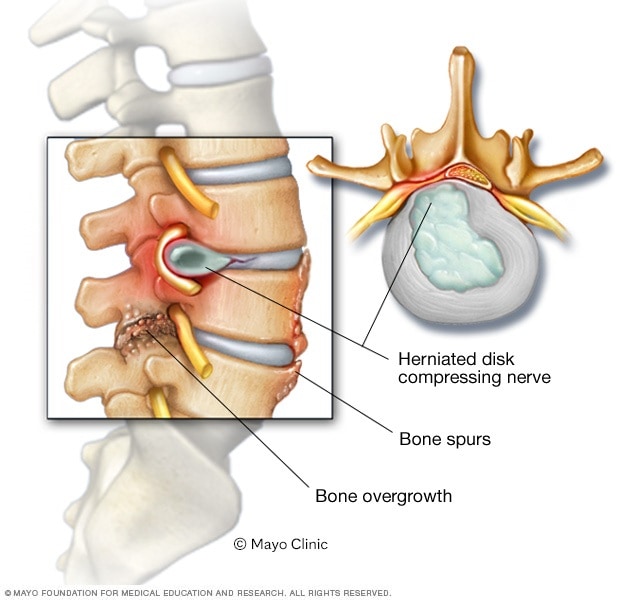




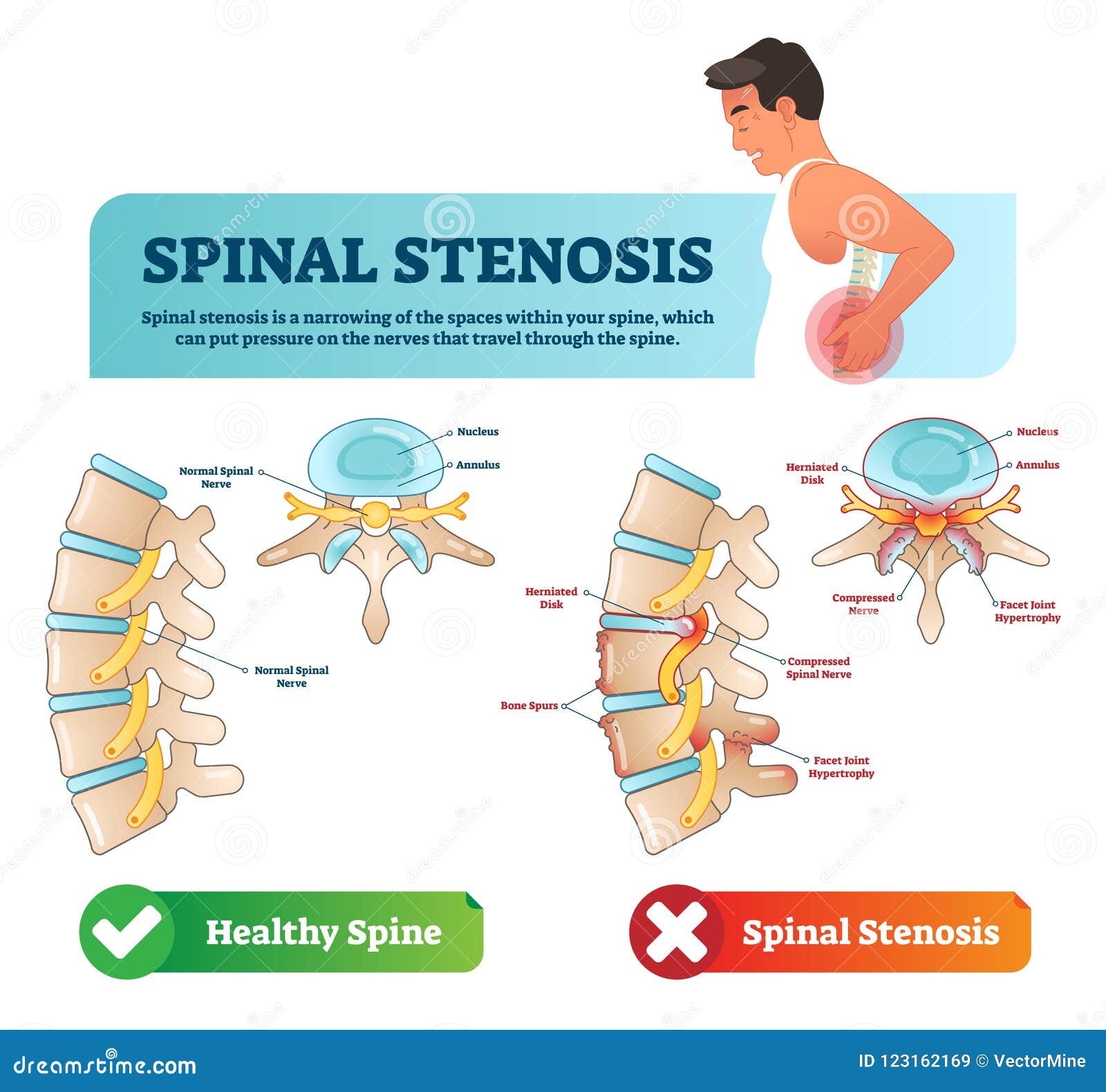
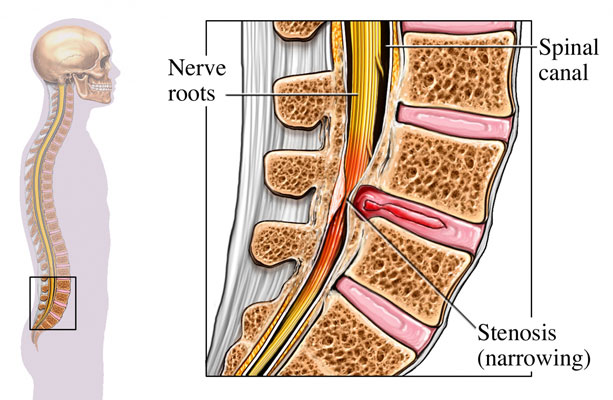


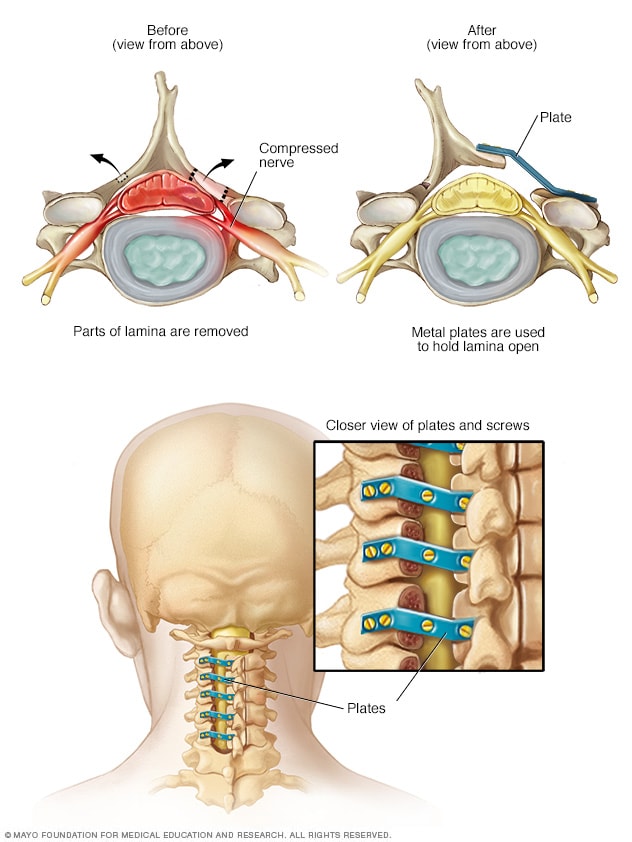

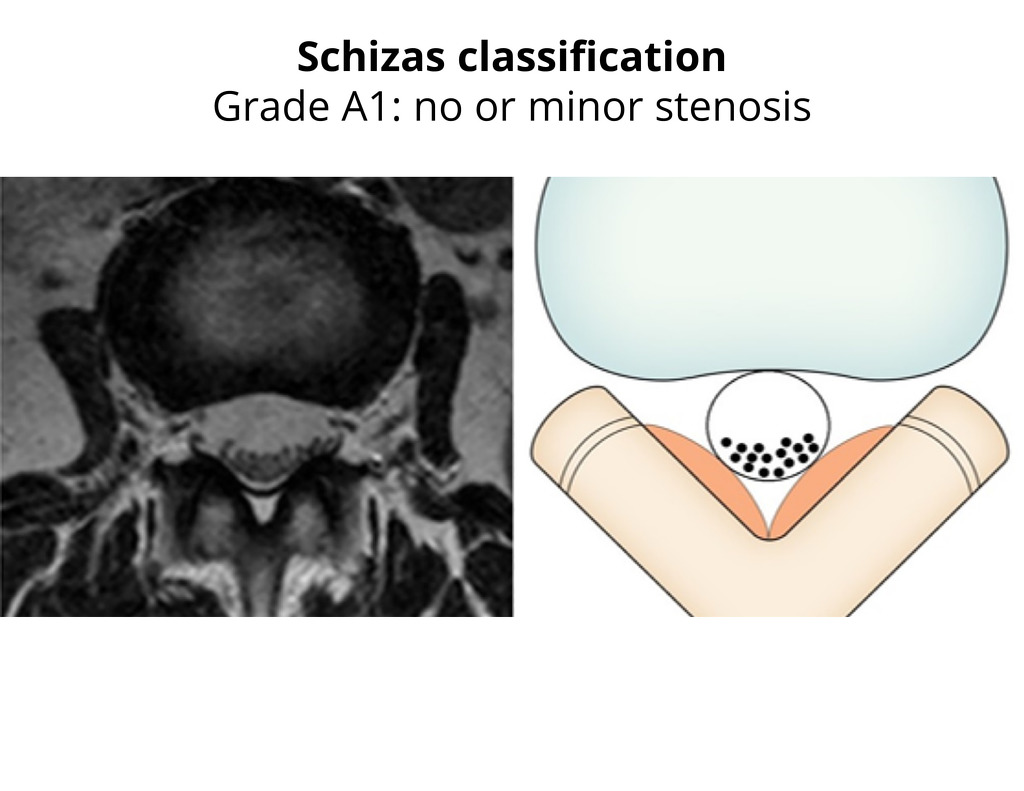



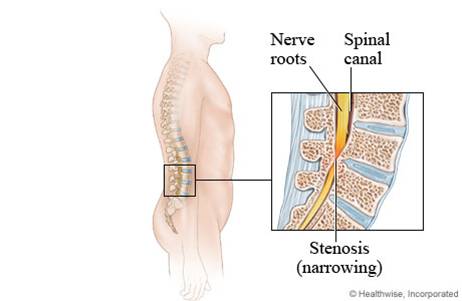
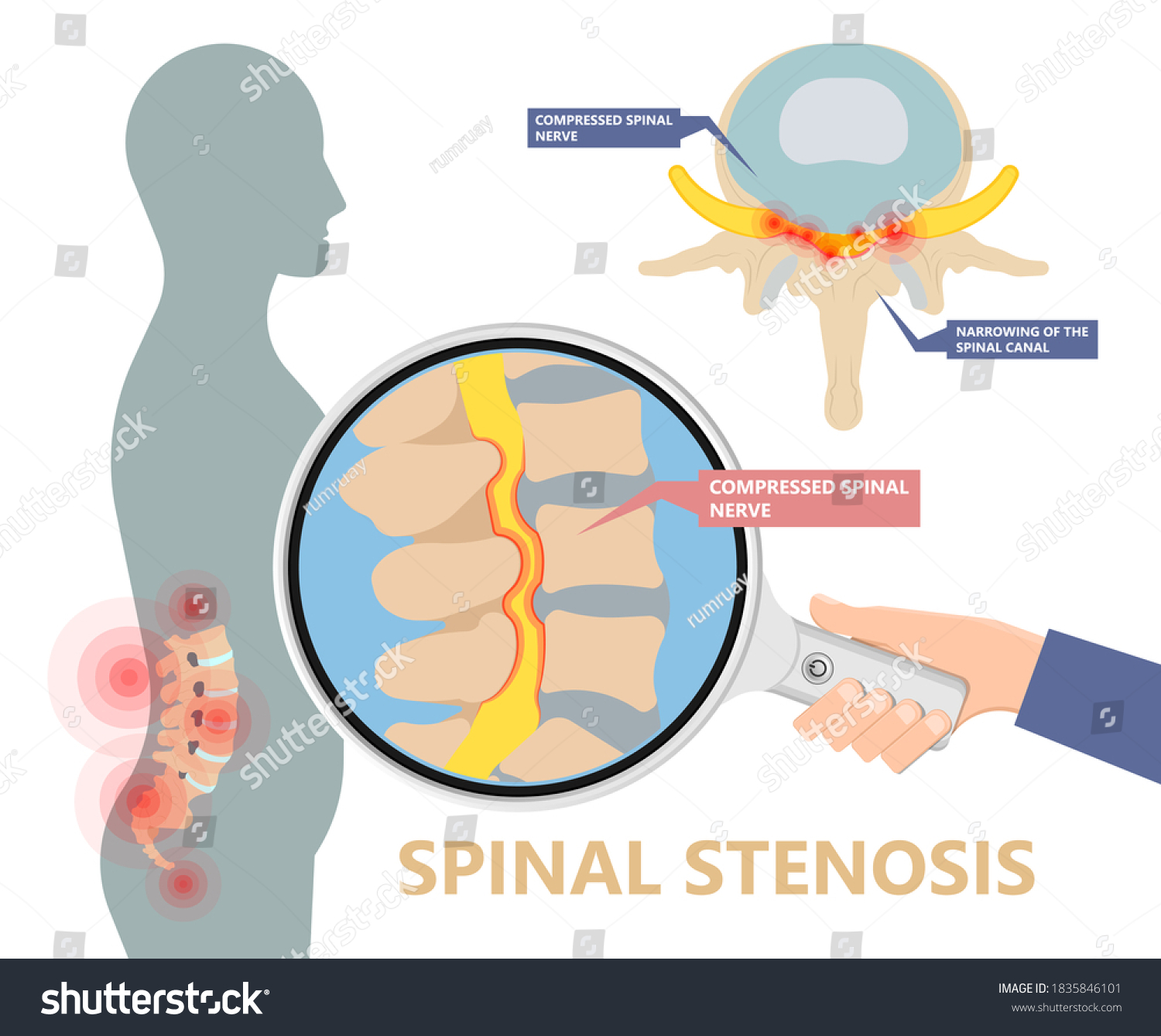
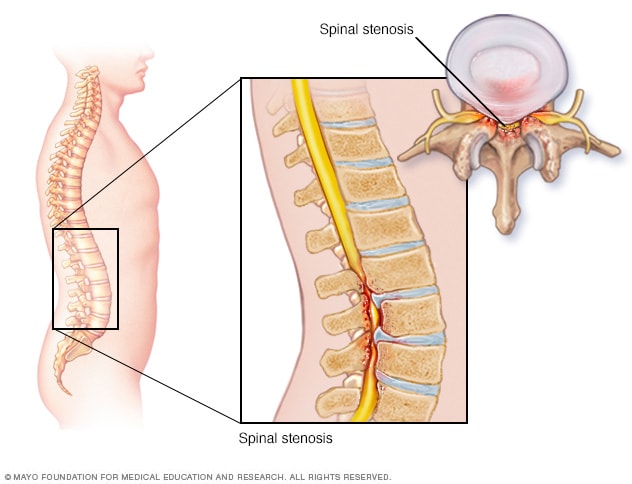

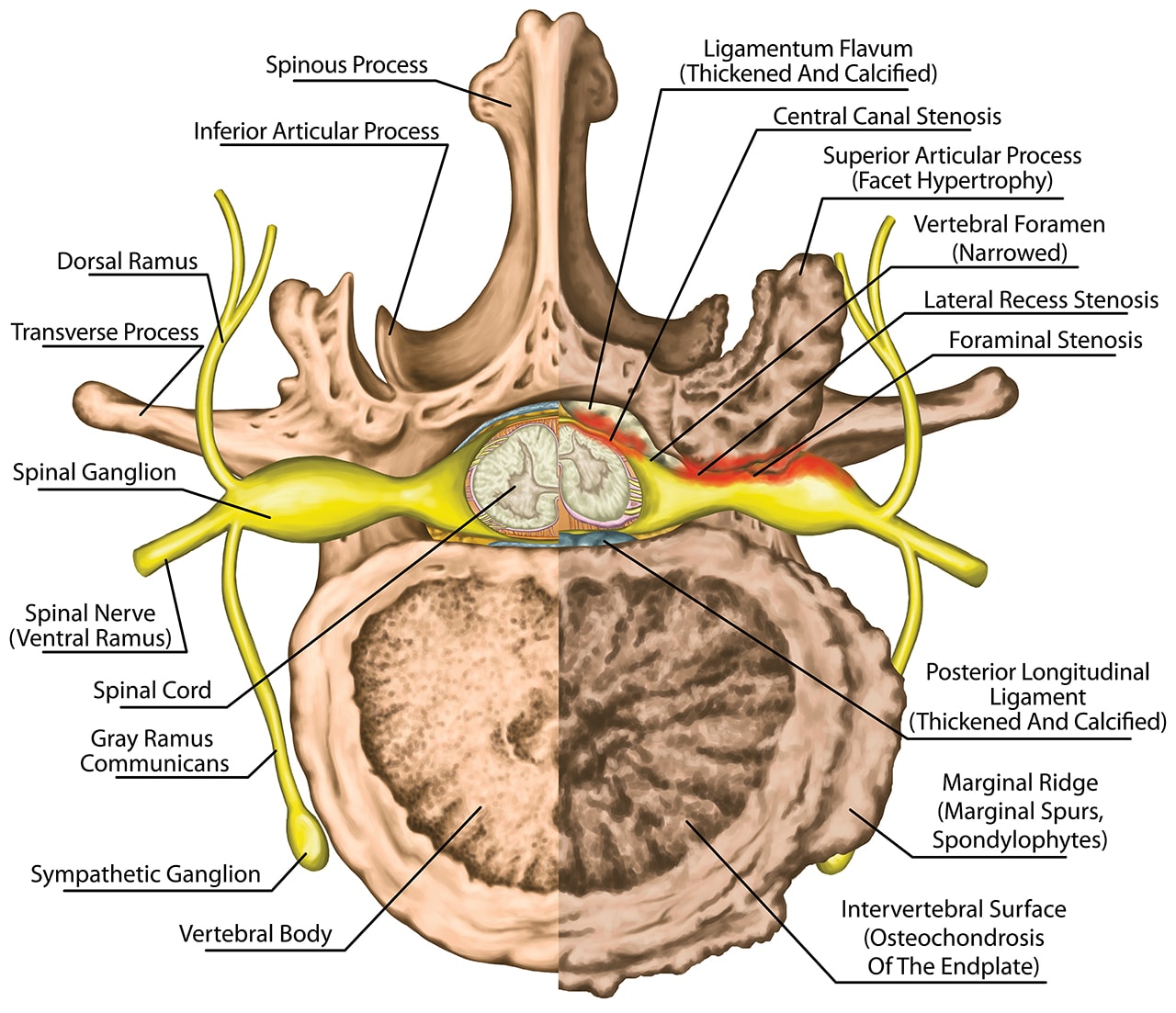
:max_bytes(150000):strip_icc()/GettyImages-184328981-56a50c7c5f9b58b7d0daa68e.jpg)



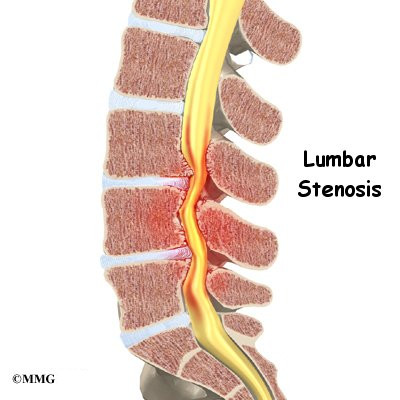


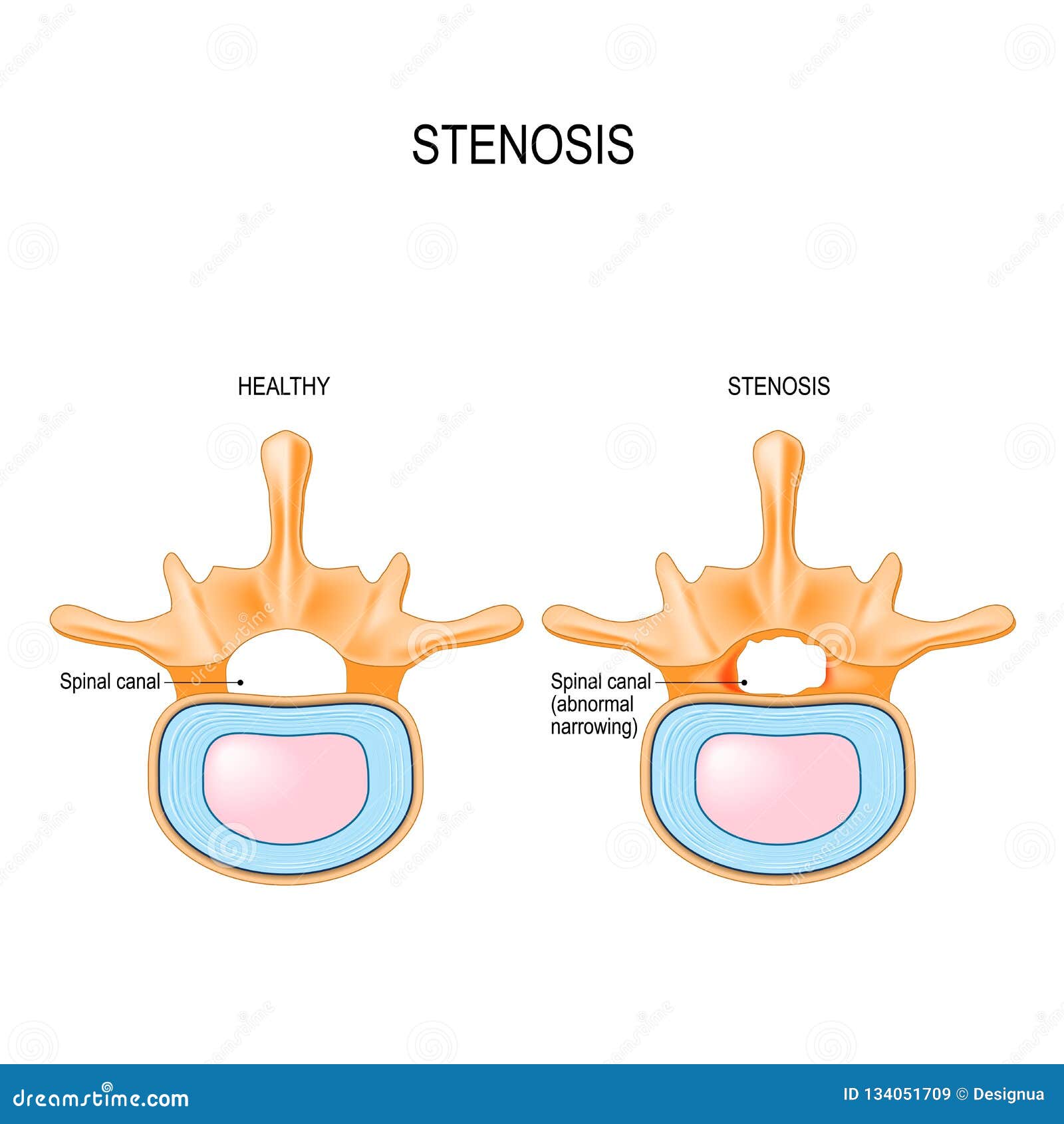
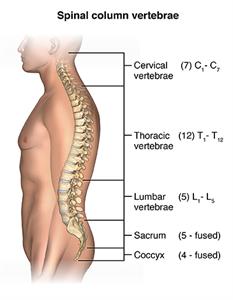



0 Response to "39 diagram of spinal stenosis"
Post a Comment